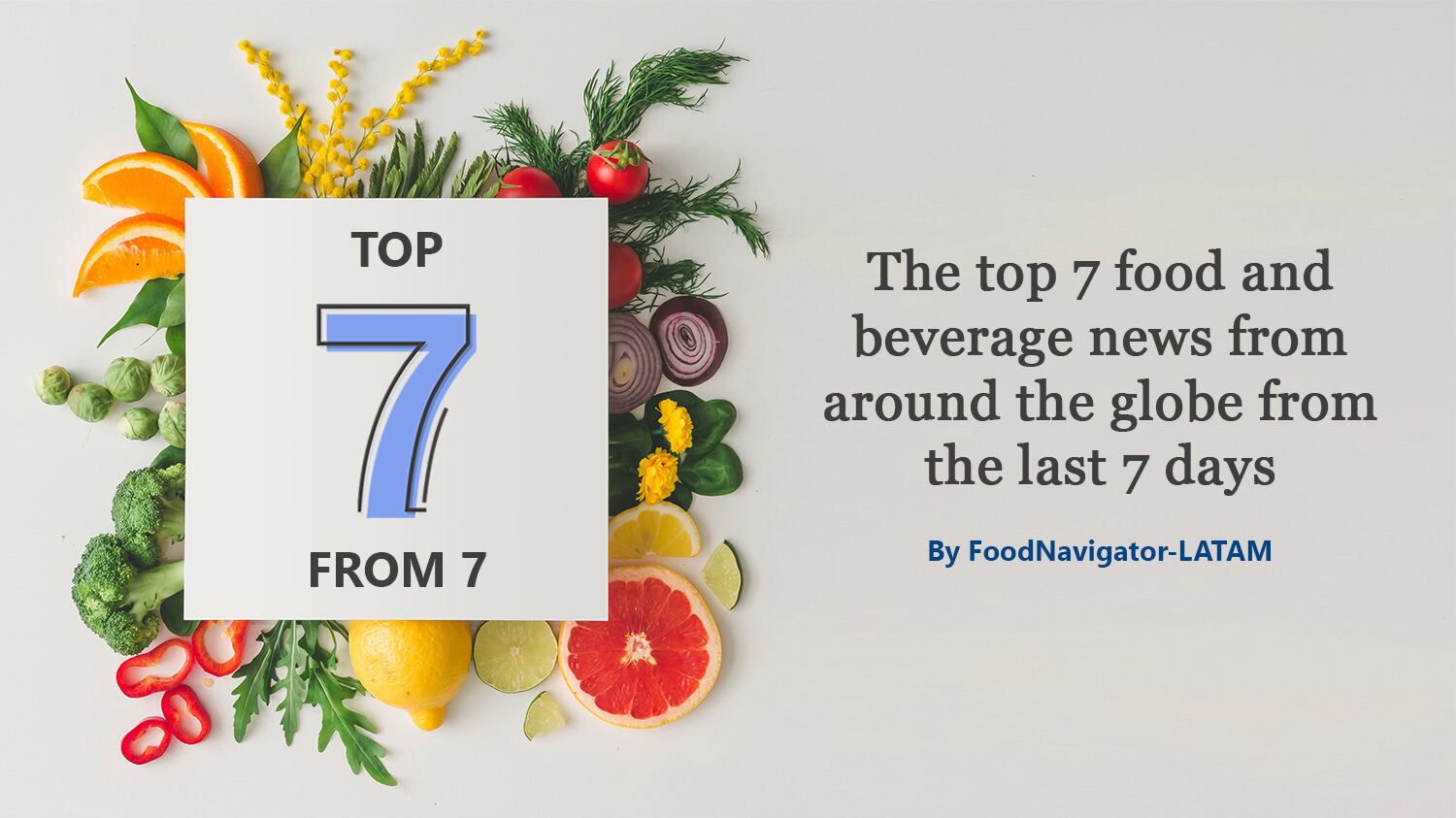USA
To start this week, we look at Starbucks entering the fast-growing kombucha category under its Evolution Fresh brand.
The range will be available in six flavors, and will be available in grocery and natural retailers in Boston, Chicago, Los Angeles, New York City, San Francisco, San Diego and Seattle. Other cities will be added this fall and next spring.
“Evolution Fresh has a long-standing heritage in cold-pressed juice and we are continuing to deliver on our commitment to expand in the functional beverage category with the launch of Evolution Fresh Organic Kombucha,” said Evolution Fresh president Ryan Ziegelmann.
According to SPINS, US retail sales of refrigerated kombucha and other fermented beverages surged 37.4% to $556m in 2017.
One other kombucha brand enjoying significant growth is Humm Kombucha, which has seen its sales surge 125% in 2017.
The company is expanding with a new production facility in Roanoke, Virginia slated to open in 2019 that is three times the size of its current 40,000 sq ft facility in Bend, Oregon.
When the east coast facility is operating at full capacity, Humm will be able to support sales of “upwards of $400m”, said co-founder Jamie Danek.
“The new facility [is] also going to make us more efficient – and it’s better for the environment - because upwards of half of our business, if not more, is starting to come from the east coast, and shipping refrigerated glass bottles from the west coast is very expensive.”
Our last news to note from the US concerns Flowers Foods, one of the largest fresh packaged bakery foods in the US with sales in 2017 of $3.9 billion. Despite significant operational disruption due to ‘inferior yeast’, the company still posted solid growth from its branded business – Dave’s Killer Bread, Wonder, and Nature’s Own.
CEO Allen Shiver noted that the yeast-related disruption occurred right before the July 4 holiday, a holiday that traditionally drives a significant portion of its annual bun sales.
“This response required an extraordinary effort from manufacturing, distribution, sales and procurement […] That said, we are continuing to evaluate the financial impact of the yeast event and our options with regards to being made whole by the supplier,” he said.
Europe
Moving to Europe, Kerry Group’s CEO Edmond Scanlon shared some insights this week on how the Irish company is able to identify consumer trends and translate them into actionable innovation for its customers.
Scanlon explained that Kerry leverages its proprietary suit of in-house digital tools to create “intimacy” with consumers around the world. This insights framework consists of various applications, including Kerry Compass, Eat the Streets, Kerry Trend Spotting and Consumer Radar.
“We understand the trends and can distil those into key insights and working with our customers into products,” explained Scanlon.
The main key themes identified by Scanlon were:
1. A growing shift towards “localization”;
2. Demand for clean label; and
3. Plant-based protein
“We are at the intersection of three mega trends,” said Scanlon. “Protein consumption is increasing, plant based protein consumption is increasing due to trends of veganism and flexitarianism, and snackification is driving consumers to look for new protein alternatives.”
Also in the news this week in Europe was news that Kellogg was deemed to have broken rules governing marketing to kids in the UK – despite not falling under the government’s own definition of food that is high in fat, sugar and salt.
The Advertising Standards Authority (ASA) said that a commercial for Coco Pops Granola, which aired in January during episodes of the Mr Bean cartoon, was in breach of the Advertising Code, which aims to protect children from exposure to junk food marketing.
However, the specific product featured in the ad does not fit the definition of a food considered high in fat, sugar and salt (HFSS).
In response, Kellogg stressed the commercial did not contain any reference to the Coco Pops brand in isolation or to any other product in the range. At the time the ad aired, the Coco Pops line consisted of five varieties: two of which were not HFSS products and two of which were. The ASA concluded that while the advert did focus on Coco Pops Granola, the Coco Pops branding was nevertheless synonymous with other HFSS items in the range.
A spokesperson for Kellogg said: “We are disappointed with this decision as we ensured throughout the advert that we were only promoting the Coco Pops Granola product, a cereal that can be advertised in children’s airtime.
“It’s particularly surprising when a ruling from the television regulator OFCOM published on Monday confirmed that an advert for the same product was not in breach of the advertising code.”
Asia
Moving to Asia, and news that demand for organic food is growing in Thailand and Cambodia. However, producers note that costs remain high, linked to a need for re-investment on fertilizer, greenhouse, crop integration plan, organic seed, bio-pest, labor cost, inspection and certification.
According to the Cambodian Centre for Study and Development in Agriculture (Cedac), there are currently around 2,000 organic farmers in the country, and the center is hoping to increase the number of farmers to 3,000 by the end of this year.
Our last piece of news for this week concerns the appointment of a well-known sugar tax advocate to the New Zealand Health Ministry. The country’s Health Minister Dr David Clark told our Asian edition that the appointment of Dr Rob Beaglehole, a dentist and former Dental Association spokesman, does not signal a change in government policy, but has emphasized that food and beverage firms need to do more to slash sugar levels.
Katherine Rich, CEO of the New Zealand Food & Grocery Council (FGC), said: “Being a ministerial advisor is a highly influential role. Appointing the number one sugar tax campaigner is a surprise.”
However, the New Zealand Beverages Council (NZBC) stated it is "not concerned about the recent appointment of Dr Beaglehole as an adviser in the Minister of Health’s office".


